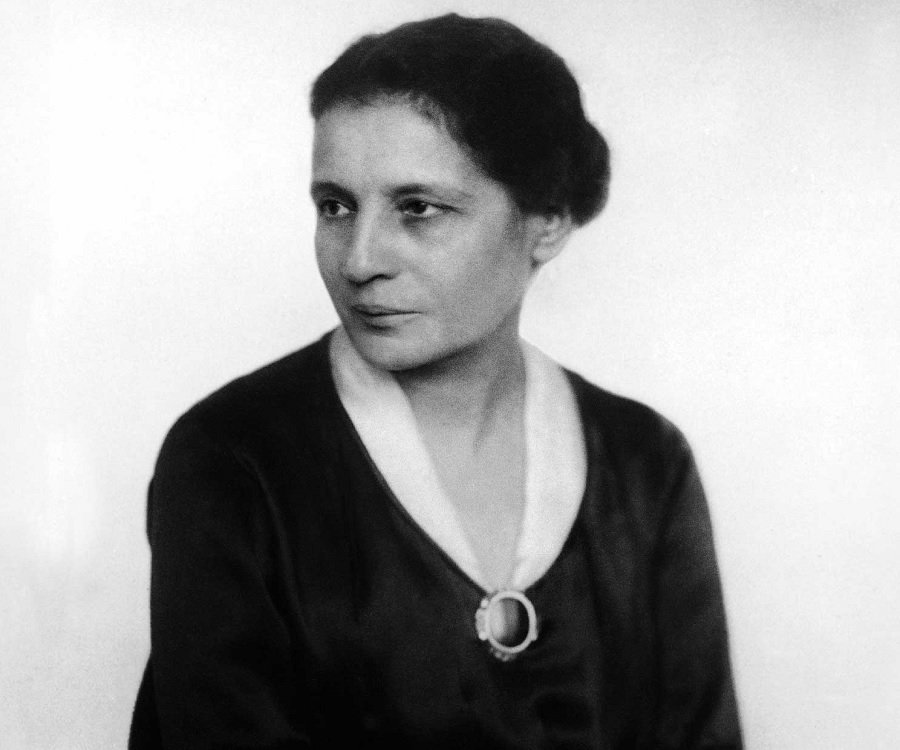Punishment as a method to control behavior should be avoided due to its major side effect: people learn to avoid and escape from sources of punisment. But if it is necessary to use it to control a behavior too intense or too frequent, punishment must be used humanely. Otherwise is utterly immoral.
Escape is when people get away from a punishing stimulus: leave a room or a house, close a telephone call.
Avoidance is when people do not get close to a punishing stimulus: do not attend certain places or take some telephone calls, children do not want to go to school, adults get sick in order not to go to the job.
Much of the problem behavior both children and adults show, has come from punishment treatment by other people or from a hostile environment. Punishment causes frustration, and aggresiveness is quicker and most
common response to frustration.
Francisco Josè Arnàiz says about this topic: "Dollard and with him many authors define aggression as an instinctive reaction to any frustration. This explains at length the presence and virulence of the phenomenon of aggression and violence in modern society, supersaturated with frustrations. Personal, professional, political, social and economic frustrations:
Frustrations over the current unemployment and underemployment, the erratic behavior of public authorities,
the inequality of fundamental opportunities, the absence of clear rules of play, the competitiveness, the subterranean discriminations, the perversion of the judicial practice, the lack of defined criteria, the absence of ethical principles equally mandatory, the confusion of ideas, the success of rogues, the ridicule of the honest and clean, the precariousness of basic social services, the mismatch between labor compensation and the real cost of living, the emergence of criminal ways to get large sums of money, the triumplant injustice, the lack of understanding between parents and children, the prevailed lack of solidarity." (free translation)
It should not come as a suprise the amount of violence in the current social life utterly controlled by punishment procedures. Please read on this same blog the article Walden Two, an Utopian community imagined by B.F. Skinner, where punishment is never used.
http://listindiario.com/puntos-de-vista/2011/10/8/206416/Violencia-psicologica
http://www.psychologyandsociety.com/operantconditioning.html
http://duke.edu/~dandan/Papers/dishonesty.pdfhttp://www.workthesystem.com/pdfs/Skinner_(1986)_What_is_Wrong_with_Daily_Life.pdf
